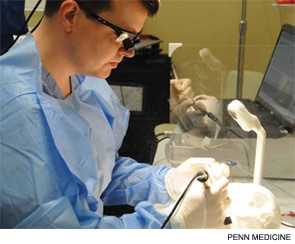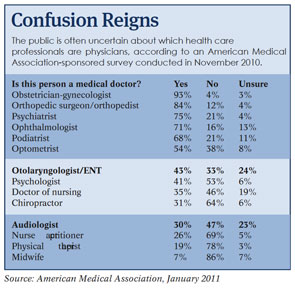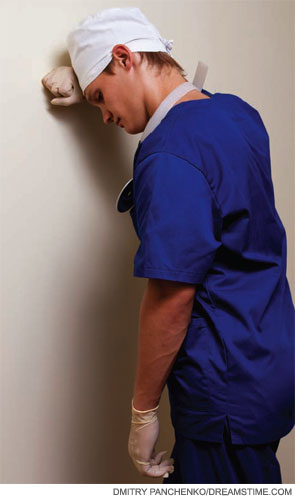In my January 2011 column (“A Seller’s Market: How to prepare your practice for sale to a hospital”), I described the growing trend of physicians selling their practices to hospitals and large health systems and then working for the hospital or health system. This trend is expected to continue in full force through 2012. As I noted in my January article, the physician’s post-sale arrangement is the driver for the growth of the physician’s practice within the hospital or health system.








